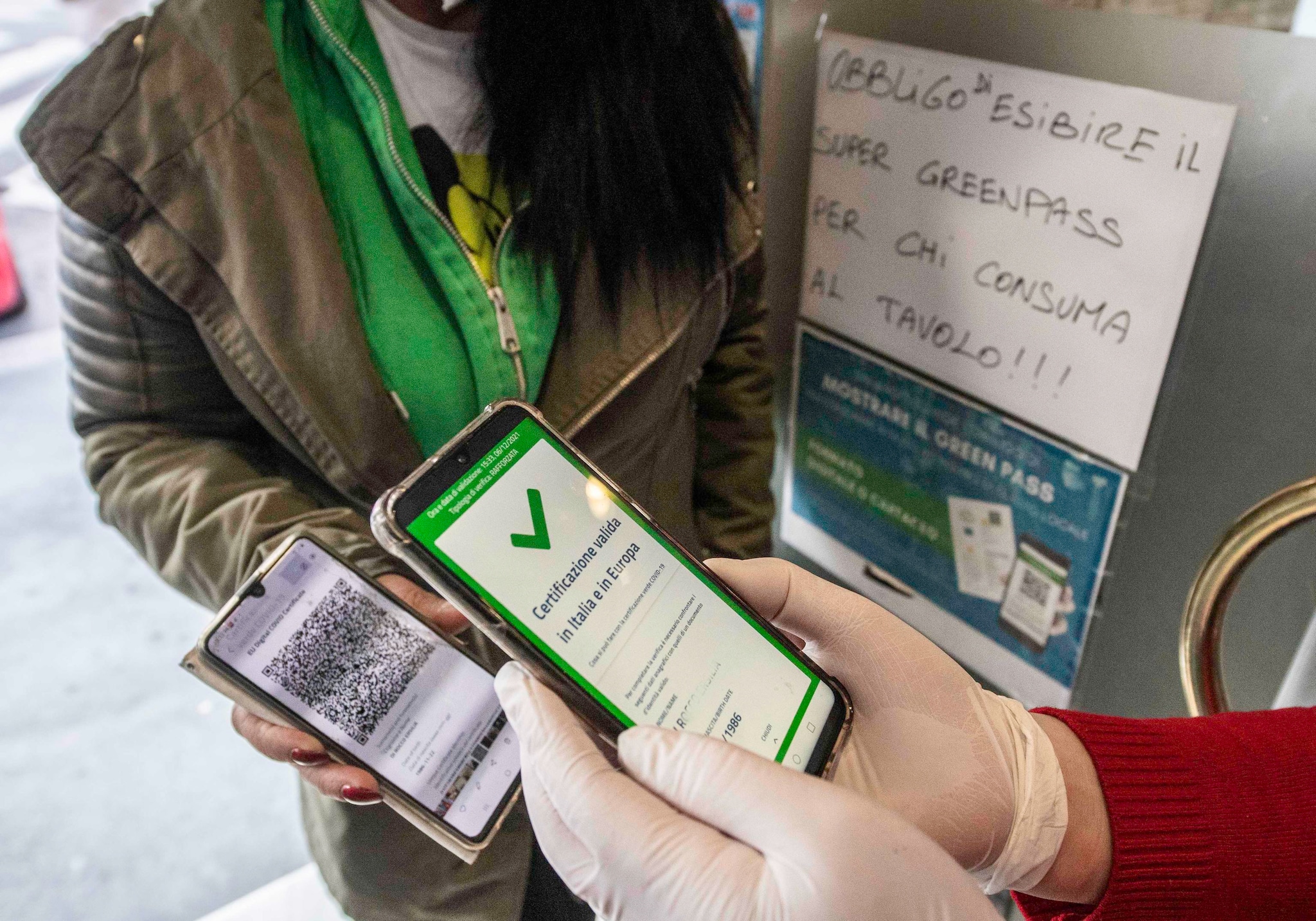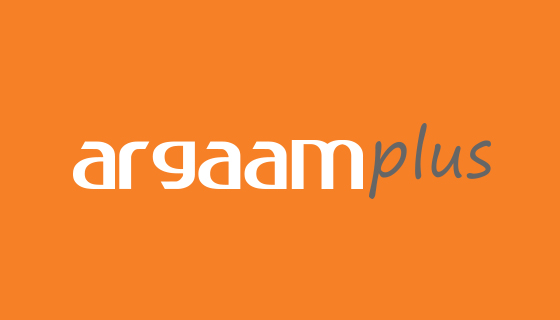
Photo: Oliver Bunic / Bloomberg
The high level of gas prices has led to gas supply in Germany on the verge of a real crisis in December: the special purpose vehicle Trading Hub Europe GmbH (THE), which is owned by long-distance gas network operators, has become heavily dependent on aid from the state-owned development bank KfW, as he could no longer pay for the gas he had to buy with his own money to keep the network running.
THE should have asked the Federal Ministry of Economics and Technology (BMWi) for “very short-term assistance” so as not to jeopardize the stability of gas supplies, say people familiar with the matter industry representatives, quoted by the German Handelsblatt.
The Ministry has instructed KfW to provide a “significant financial injection”. It amounts to more than EUR 100 million.
THE plays a key role in the German gas market. The company is responsible for the market throughout Germany and must ensure that the supply and demand of natural gas are constantly balanced.
The company’s tasks are defined in the Energy Act (EnWG). The company does not make a profit, but is financed by network fees paid by gas consumers. The shareholders in THE are companies such as Open Grid Europe (OGE), Gasunie Deutschland and Thyssengas.
In order to balance the quantities of natural gas supplied and transported through the network, the company buys a significant amount gas every day – the so-called “balancing energy”. The differences between projected and actual consumption are sometimes very high, especially in winter. The company aims to fill this gap with balancing energy.
But the cost of purchasing this balancing energy was much higher than planned in December due to the sharp rise in natural gas prices. gas. An insider in the industry said that THE had speculated that they might need € 1 billion for the whole winter, but they had made a huge mistake in view of price developments.
According to the information for the purchase of gas, sometimes 60 million euros are spent per day. To secure transactions, THE – like all other clients on the exchange – must pay the so-called. margins that roughly correspond to the deposit and exceed the actual purchase price.
Together with the purchase price, this generates hundreds of millions of euros in one day. As a result, liquidity has been “significantly reduced”. The situation is “absolutely insane”, says another insider in the industry.
Other companies are struggling with similar problems. For example energy company Uniper announced on Tuesday night, that it expands the financial security of its energy companies by up to EUR 11.8 billion.
But unlike Uniper and many other energy retailers, which are struggling with significant liquidity problems In the current circumstances, this is a particularly big challenge, and it is possible that the situation will escalate again this winter.
In this context, discussions are increasingly taking place as to whether the state should play a stronger role in securing gas supplies. unity is also organized but through the market.
If difficulties arise, THE services are also used. The company can then announce a tender and buy so-called long-term options (LTOs) for gas supplies at a later date, for example in February. THE announced tenders for them in December. Long-term debts are repaid only later – when there is still money available.
KfW explained to Handelsblatt that it could not comment on individual commitments. BMWi also declined to comment. A spokesman for THE said that the company “is in constant contact with various banks in order to provide the necessary liquidity for the tasks assigned to THE at all times.” For reasons of confidentiality, information on the amount of loans agreed by THE.
could not be provided.
Note: This article has been indexed to our site. We do not claim legitimacy, ownership or copyright of any of the content above. To see the article at original source Click Here













